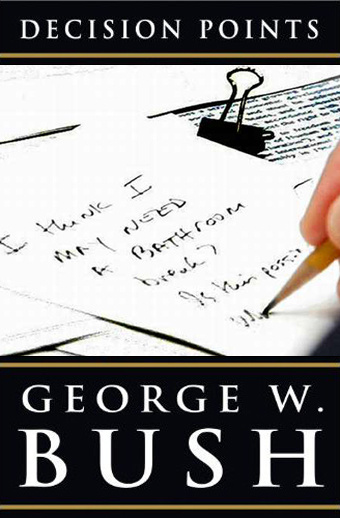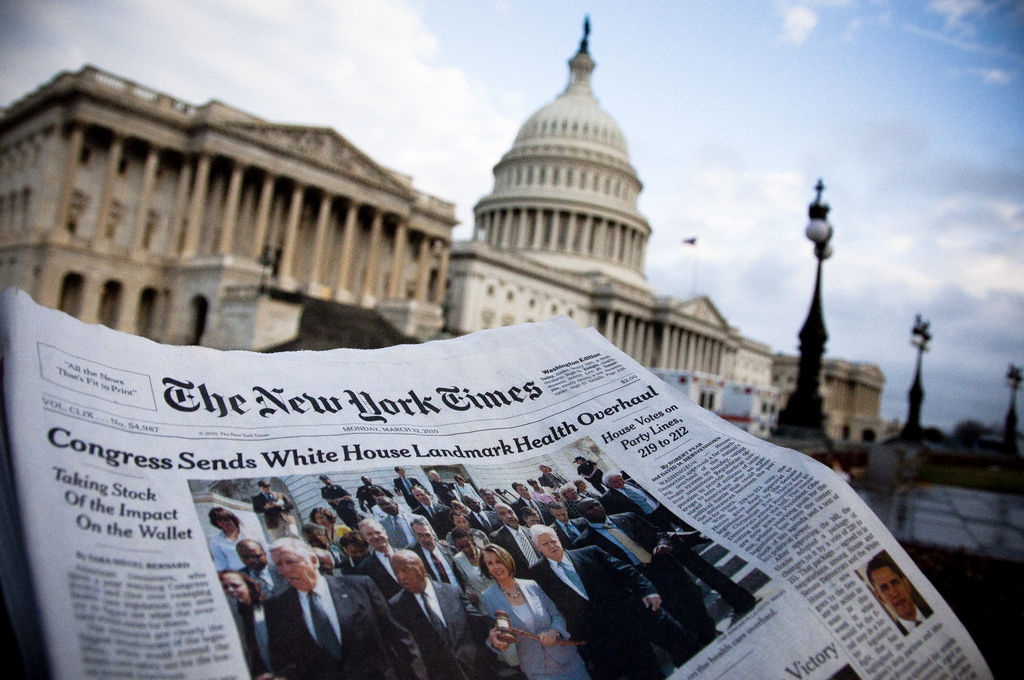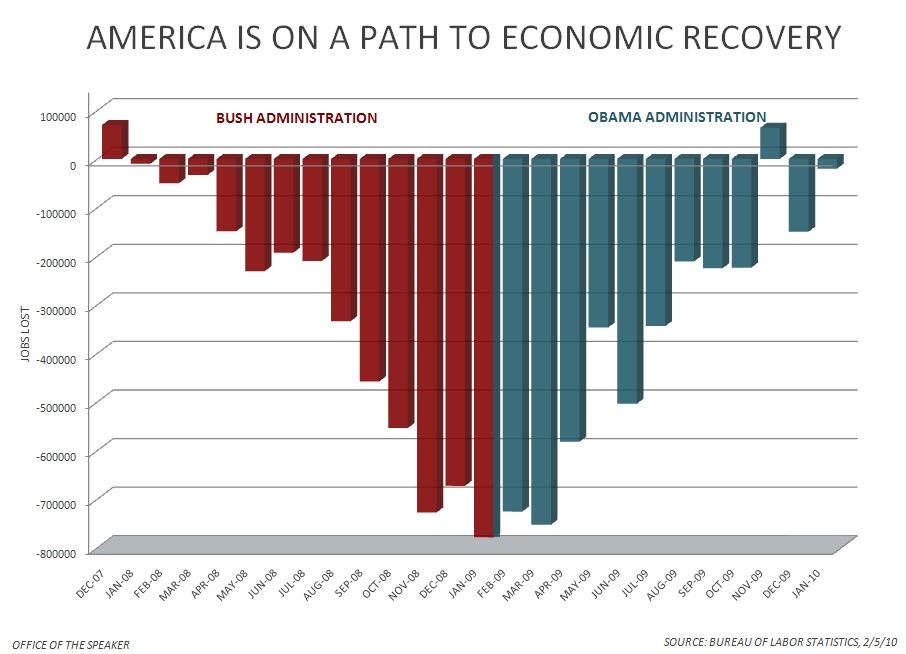“Is our huge deficit a problem today? Not if you think people should have jobs. Private sector demand has plunged because of the collapse of the bubble. If the public sector does not fill the demand gap with deficit spending, then we have less demand and fewer jobs. That’s worth saying a few hundred thousand times since the deficit hawks have filled the airwaves and cyberspace with so much nonsense.“
The CEPR’s invaluable Dean Baker rails anew at the deficit hysteria currently in Beltway vogue. I’ve said this several times already now, but I just cannot take anyone seriously who froths and frets about looming deficits, but then says nary a word about out-of-control defense spending. And right now, when it comes to such deficit peacocks, DC is a full-fledged menagerie.
Update: “The danger posed by the deficit ‘is zero. It’s not overstated. It’s completely misstated.’” Ezra Klein talks with James Galbraith, son of the venerable J.K. Galbraith and originator of the great witchcraft metaphor, about the deficit hysteria seizing Washington:
“[W]e should be focusing on real problems and not fake ones. We have serious problems. Unemployment is at 10 percent. if we got busy and worked out things for the unemployed to do, we’d be much better off. And we can certainly afford it. We have an impending energy crisis and a climate crisis. We could spend a generation fixing those problems in a way that would rebuild our country, too. On the tax side, what you want to do is reverse the burden on working people. Since the beginning of the crisis, I’ve supported a payroll tax holiday so everyone gets an increase in their after-tax earnings so they can pay down their mortgages, which would be a good thing.“






